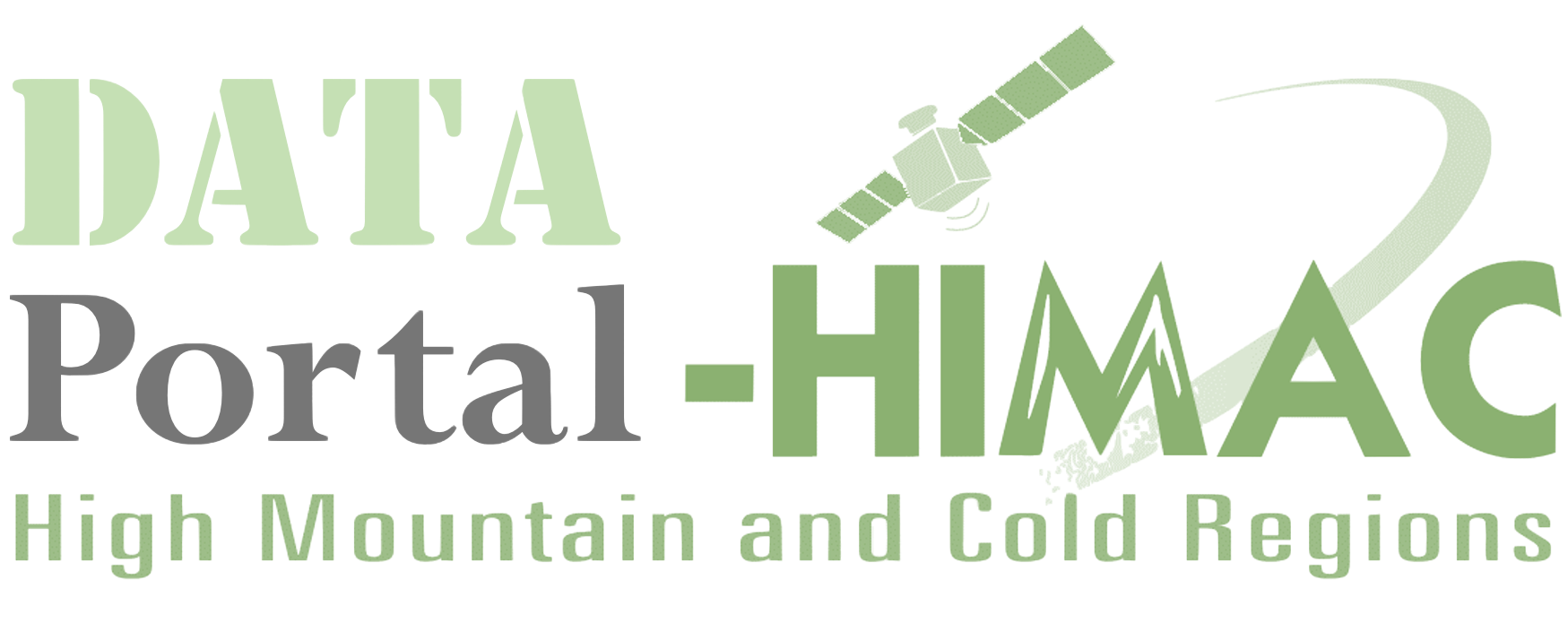Global Terrestrial Network for Permafrost (GTN‐P)- Database
Data and Resources
Additional Info
| Field | Value |
|---|---|
| Source | http://gtnpdatabase.org/ |
| Last Updated | May 26, 2021, 02:21 (UTC) |
| Created | August 26, 2020, 14:44 (UTC) |
| Country | Germany |
| Data Management | The general framework of the GTN-P data management system is based on an object oriented model (OOM), open for as many parameters as possible, and implemented into a spatial database. To ensure interoperability and enable potential inter-database search, field names are following international metadata standards and are based on a controlled vocabulary registry. Tools are developed to provide data processing, analysis capability, and quality control. It allows a maximum top-down and bottom-up data flow, giving scientists one global searchable data and metadata repository, the public a full access to scientific data, and the policy maker a powerful cartographic and statistical tool. able to query, visualize and retrieve information over many platforms and type of measurements. Ultimately, it is not the layer in itself that matter, but more the relationship that these information layers maintain with each other. |
| Data Policy | The data available in this database has been shared by individual scientists or teams with the scientific community in the belief that their wide dissemination will lead to greater understanding and new scientific insights and that the addressing global scientific problems requires international cooperation. Part of the data have been acquired in the context of national and international research projects and in these cases specific project policies could apply (see the project interfaces). In the view of a simplification of the existing policies, data access and data use regulations have been separated and each of them has two possible options, explained below. |
| Data Sharing Principle | The data access policy regulates the possibility of a registered user to download the data. The data access policy is independent to the data use policy, because there could be users interested to get the data only to reproduce existing studies without any plan of publication or presentation. Public Data Access The data with public access policy are available directly to all the registered users. Sharing the data in such a way increases the level of transparency and encourages new potential users and data providers. In general, data collected during EU projects are shared under this policy 1-2 years after the end of the project but there are also single PIs that may decide to share their new data under this access policy. To access the data the user has to register or log-in and use the Data Request page to prepare a query. The data will be sent by email (link to download) as soon as the data are ready. Restricted Data Access There are data stored in the database that are not directly and openly shared with the scientific community since they are part of active projects or simply because the data owner requested this. However it is still possible to ask access to these data exactly as for the open access data (log-in and request preparation in the Data Request page). These data however will be sent to the user only after the authorization by the data PI (Principal Investigator of the site). When the data access request is submitted, an email is automatically sent by the system to all the PIs responsible of sites with restricted data access policy that will decide to authorize or not the download based mainly on the planned data use indicated in the data request. |
